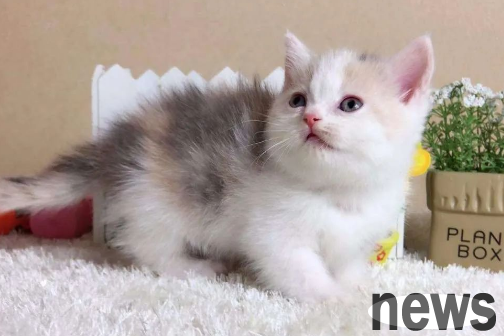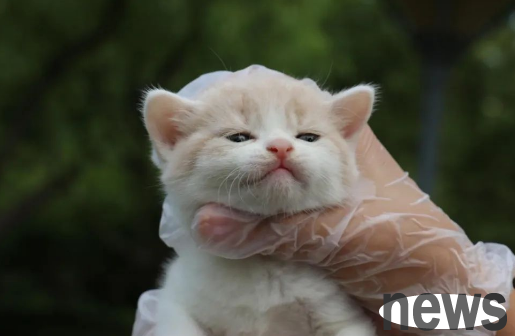Cats are closely related to nutrition, and understanding common nutritional problems and dietary taboos is crucial for cat owners. This article will introduce this knowledge in detail through actual cases to help you better take care of your cat's health.

01 Common nutritional problems
Insufficient nutrition
For example, a cat has lost hair and lost weight due to long-term consumption of single cat food. After consulting with the veterinary, the owner learned about the problem of insufficient nutrition. By replacing more nutritious cat food and appropriately adding foods rich in protein and vitamins, the cat's health has been improved.
Obacteria
For example, a cat becomes obese due to overfeeding and lack of exercise, and has problems such as slow movement and difficulty breathing. Under the advice of the veterinarian, the owner controls the amount of diet and increases the amount of exercise of the cat, which successfully helps the cat lose weight.
Oral problems
A cat with severe bad breath and loose teeth was examined due to long-term feeding of too soft and rotten food. The owner provides cats with food that helps grinding their teeth under the guidance of a veterinarian and brushes them regularly, improving oral problems.
02 Dietary taboos
Chocolate and coffee
Chocolate and coffee contain cocoaminine and caffeine, which is toxic to cats and may lead to poisoning or even death. Be sure to keep these foods away from your cats.
Onion and garlic
Onion and garlic contain ingredients that are harmful to cats and may cause anemia and other health problems. Avoid having your cats consume or contact with these foods.
grapes and raisins
grapes and raisins may cause damage to the cat's kidneys and should be avoided.
Over high salt
Cat's kidneys have limited ability to handle salt, and excessive salt can cause a burden on their health. Avoid feeding cats with high salt content in humans.
Bone
Fine bones can stab the cat's throat or gastrointestinal tract, causing damage. It is best to offer teething toys or food designed specifically for cats.

03 Recommendations for healthy eating
Provide high-quality cat food
Select the right quality cat food based on the cat's age, weight and health status. Check the ingredient list carefully to make sure it contains the appropriate nutrients.
Moisture intake
Make sure cats are able to drink fresh and clean water at any time, which is crucial to maintaining their health.
Regular physical examinations
Take the cat to the veterinary office for regular physical examinations. The veterinarian can provide specific nutrition and dietary advice based on the cat's individual situation.
Note allergens
Some cats may be allergic to certain foods or intolerant. If the cat is found to have abnormal symptoms such as itching, vomiting, diarrhea, etc., which may be caused by food allergies, consult a veterinarian in time.
Understanding common nutritional problems and dietary taboos in cats is an important step in ensuring their health. By providing a balanced diet, avoiding taboo foods, and focusing on the individual needs of cats, we can help cats maintain good health.